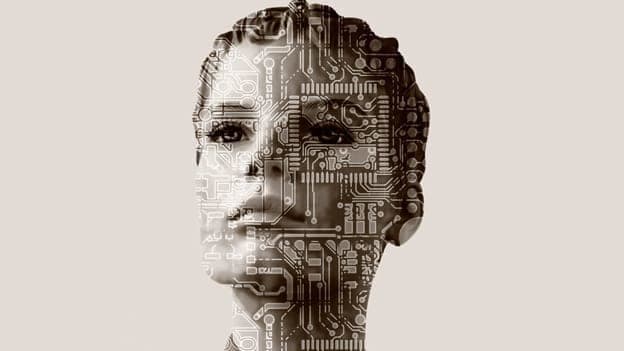Building a career journey in robotic process automation

Today, Robotic Process Automation (RPA) is getting adopted at a rapid pace across all industries. With growing competition among businesses RPA has become a game-changer for organizations and being the driver of efficiency, it is now a priority across industries ranging from healthcare, banking, manufacturing, food & beverage and, needless to say, the IT industry. RPA is helping organizations to revolutionize work and accelerate human achievement by shaping the future of work by reducing effort spent on mundane tasks and redirecting their focus towards tasks that require immediate attention.
RPA is freeing up time that can otherwise be focused on things that are not repetitive in nature and require thought and time — such as interacting with customers for better servicing and innovative projects. Infact, in the current remote and hybrid work culture, the need for more operational efficiency has increased and RPA solutions are helping meet transformation goals and accelerated business outcomes. Promoting an ‘automation first’ mindset is key here.
RPA skills growing in demand
Today, with various employee training programs in automation, companies can improve their productivity by letting employees focus on high priority tasks. It helps enable employees to think about how they do their daily tasks and their business processes in the most efficient manner. RPA being one of the fastest emerging careers globally, organisations are empowering employees by offering significant opportunities to reskill and upskill themselves to use RPA tools. This ultimately plays a crucial role for successful digital transformation in businesses. With employees harnessing the power of citizen development organizations are looking at skilled talents to drive internal automation projects. According to a survey conducted by UiPath, the State of the RPA Developer Report 2021, 77% of RPA developers expect their companies to increase hiring in their fields in the coming months. RPA will soon be considered as a desirable career option as there is a high potential for growth over the next five years.
Finding the Learning Ecosystem to build RPA Skills
The first step to build a career in RPA is to acquire the right skills and competencies. While there are several educational options and opportunities, today, online courses and video tutorials are the most commonly used platforms. However, organisations also work in association with various universities, colleges, and workforce development organizations, to extend learning opportunities.
For example, the UiPath Academic Alliance works with schools, colleges, universities, not for profits and skill development bodies to make RPA learning accessible to all. Many institutions are also taking Automation Literacy as a goal and working with us on making a Robot for Every Person a reality.
Robots are creating job opportunities
The sound of ‘getting your work done by a robot’ is a relief to many organizations as RPA promises higher productivity and efficiency. However, people continue to question if robots will one day replace humans. RPA is not a replacement for a skilled workforce; it's more of an augmentation of existing processes.
If one is choosing RPA as a career path, then building relationships with automation community members, employers and partners is the first step. As a growing field, RPA presents us with several roles, ranging from design to implementation. The scope of RPA as a career is higher now than ever with rapid adoption across industries including SME’s. Even with basic technical training, one can increase their career prospects in RPA.















